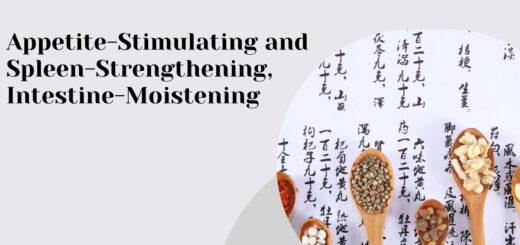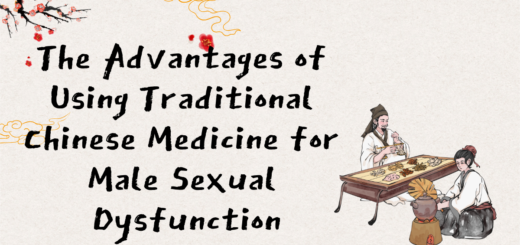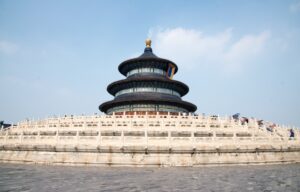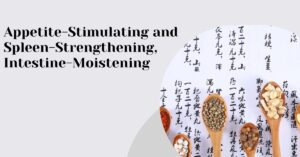Traditional Chinese Medicine (TCM) Treatment of Kidney Disease
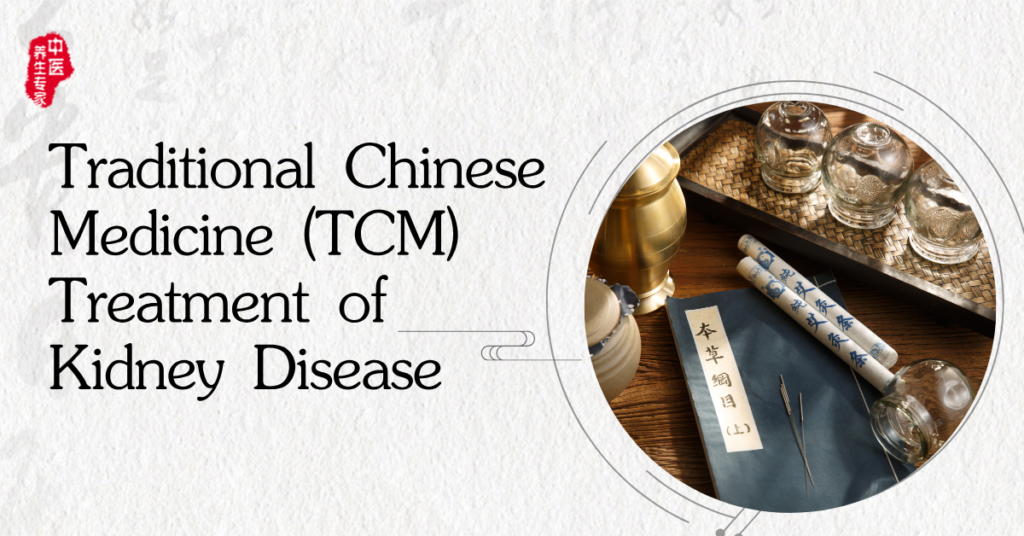
Traditional Chinese Medicine (TCM) has a unique theoretical framework and approach to kidney disease treatment, emphasizing holistic regulation, individualized treatment, and the restoration of kidney function and body balance.
I. TCM Perspective on Kidney Disease
In TCM, kidney disease results from multiple factors, such as congenital deficiencies, imbalanced diet, emotional disturbance, and overexertion. These factors disrupt the kidney’s qi, blood, yin, and yang, leading to fluid metabolism disorders and the accumulation of dampness, turbidity, and blood stasis.
II. TCM Treatment Methods for Kidney Disease
(A) Internal Herbal Medicine
Pattern Differentiation and Treatment
Treatment is based on symptoms, signs, tongue coating, and pulse characteristics, categorizing patients into types like kidney yang deficiency, kidney yin deficiency, spleen and kidney deficiency, or internal damp-heat. Custom formulas are then prepared according to the specific pattern. Commonly used formulas include Jin Gui Shen Qi Wan, Liu Wei Di Huang Wan, Shen Ling Bai Zhu San, and Ba Zheng San.
For instance, for kidney yang deficiency, Jin Gui Shen Qi Wan is used to warm and boost kidney yang, composed of cinnamon bark, prepared aconite root, rehmannia root, Chinese yam, and cornelian cherry to promote warmth, boost qi, and reduce swelling.
Single Herbs and Herbal Extracts
Certain single herbs, like astragalus, cordyceps, and salvia, offer kidney protection. Astragalus replenishes qi, improves immune function, and reduces swelling; cordyceps nourishes the kidneys, strengthens the lungs, and reduces symptoms in glomerulonephritis; and salvia helps activate blood circulation, improving microcirculation and reducing kidney fibrosis.
Herbal extracts, such as Tripterygium glycosides, are also widely used, known for anti-inflammatory and immunosuppressive properties, but they require careful use due to potential side effects.
(B) Acupuncture Therapy
Point Selection
Commonly selected points include Shenshu (BL23), Mingmen (GV4), Guanyuan (CV4), Qihai (CV6), and Zusanli (ST36). Shenshu and Mingmen, located on the lower back, are essential for kidney support; Guanyuan and Qihai, on the Ren meridian, bolster vital energy and consolidate essence; Zusanli is a strengthening point that benefits the spleen, enhancing nutrient absorption and indirectly nourishing the kidneys.
Needling Techniques
The choice of technique depends on the patient’s constitution and condition, utilizing tonifying, reducing, or balanced techniques. For kidney deficiency, moxibustion on Shenshu and Guanyuan is commonly used to warm and nourish kidney yang; for damp-heat, reducing techniques on points like Sanyinjiao (SP6) and Yinlingquan (SP9) help clear heat and drain dampness.
(C) External TCM Therapies
Herbal Enemas
For patients with renal insufficiency, herbal enemas offer effective relief. The direct intestinal administration of herbs enhances toxin elimination through the intestines, reducing kidney burden. Common herbs used include rhubarb, oyster shell, and dandelion, providing purgative, detoxifying, and heat-clearing benefits.
Foot Baths with Herbal Decoctions
Soaking the feet in herbal decoctions allows for absorption through foot acupuncture points, improving blood circulation, removing blood stasis, and enhancing kidney blood flow. For instance, an herbal foot bath with mugwort, safflower, and Sichuan peppercorn can alleviate lower-limb edema associated with kidney disease by promoting leg circulation.
III. Advantages of TCM in Treating Kidney Disease
- Holistic Regulation
TCM emphasizes a holistic approach, balancing the functions of organs, qi, blood, yin, and yang. This approach not only alleviates kidney disease symptoms but also strengthens the patient’s overall health and immune system. - Minimal Side Effects
TCM herbal medicine primarily uses natural plant, animal, and mineral sources, generally resulting in fewer side effects than Western medications, making it suitable for long-term treatment with minimal liver or kidney strain. - Individualized Treatment
TCM emphasizes pattern differentiation and individualized treatment, allowing for customized therapy plans tailored to each patient’s unique condition and constitution.
IV. Precautions
TCM treatment for kidney disease requires time and consistent treatment, so patients should be patient and follow through with the course.
During treatment, patients should follow dietary guidelines, avoiding spicy, greasy, or overly stimulating foods and controlling protein and salt intake. Regular follow-up of kidney function, urinalysis, and other indicators is recommended so physicians can adjust treatment as needed.
For severe or acute kidney disease cases, an integrated approach with Western medicine may be necessary to enhance therapeutic effectiveness and prevent worsening of the condition.
Conclusion
TCM offers unique advantages and efficacy in kidney disease treatment. Under professional guidance, the comprehensive application of various TCM treatments, tailored to the patient’s condition, can yield significant therapeutic outcomes and improve quality of life.

